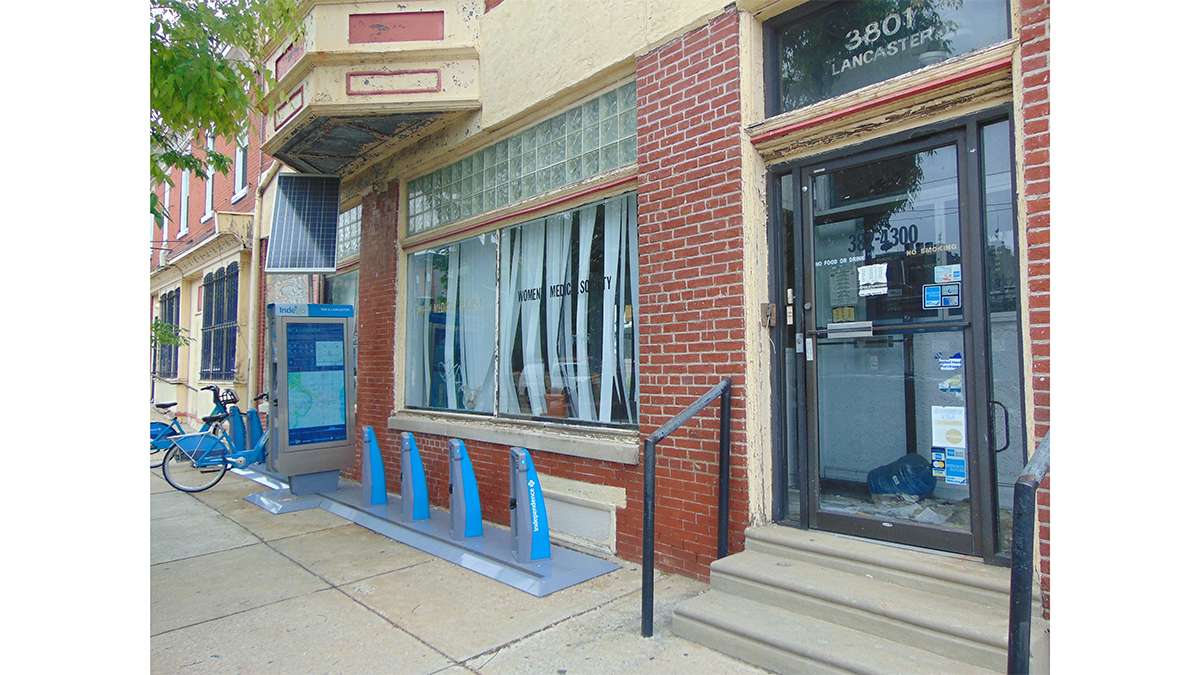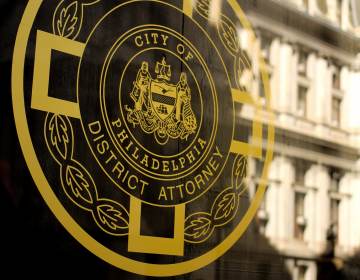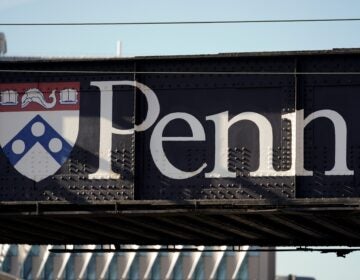From ‘house of horrors’ to haunting eyesore: Why Gosnell’s abortion clinic still stands
Six years after federal agents raided the Powelton clinic where abortionist Kermit Gosnell performed his atrocities, the deteriorating facility still stands shuttered — a monument to administrative red tape, confusion, and, perhaps, altruism.
In the building’s vestibule, stacks of yellowing mail gather dust. Plants, long dead, wither on the windowsill. Chairs line the wall of a waiting room now covered in the crumbled remains of the ceiling, which caved in after a long-ago leak.
Neighbors, frustrated that a the place authorities once dubbed a “house of horrors” has taken so long to raze or redevelop, have long speculated that the slow-moving criminal-justice system or lawyers sparring over Gosnell’s assets caused the holdup.
Instead, a clerical error is to blame.
The Philadelphia District Attorney’s Office in 2011 filed a seizure action known as a lis pendens, intending to take the clinic as part of its forfeiture program, according to the DA’s spokesman Cameron Kline and mayoral spokesman Mike Dunn.
But the DA’s Office abandoned its bid for the property last year, saying the relatives of Gosnell’s victims should instead be allowed to recoup damages from whatever civil judgment they might win. (Among his many crimes, Gosnell had no malpractice insurance, which would have paid civil damages.)
“There was a breakdown between then and now,” said Cameron Kline, the DA’s spokesman. “We filed a withdrawal of the lis pendens last year. For whatever reason, it didn’t go through. Pending confirmation that there is a civil judgment, we will just do that withdrawal again.”
Eight months ago, the family of Karnamaya Mongar, who got too much anesthesia and died while undergoing an abortion at Gosnell’s clinic, won a $3.9 million civil judgment. Since then, the family’s attorney, Bernard Smalley, said he has been investigating Gosnell’s assets to determine how to recover damages.
So is this a light at the end of the tunnel for neighbors weary of the blight and occasional journalists, prayer vigils and protesters the clinic still draws?
Not necessarily.
Just because the DA’s Office gave up its claim to the property doesn’t mean others will be as altruistic.
The city, for example, filed a $1.2 million lien against Gosnell in 2013 to recover unpaid real estate taxes.
And when it comes to competing claims, “the government always gets to be first in line,” said Gregory Mandel, Peter J. Liacouras professor of law and associate dean for research at Temple University’s Beasley School of Law. “If the tax delinquency is high enough, it could be that it’s not even worth it for the folks who won the civil settlement (to pursue the property as payment).”
Mayoral spokesman Mike Dunn said the lis pendens had been the only thing keeping the city’s Revenue Department from foreclosing on the clinic to recover $1.2 million in delinquent taxes and penalties.
Until the lis pendens is officially withdrawn, Dunn added, he couldn’t comment on how the city would proceed, nor when. City property records list the clinic’s market value as $187,800. Gosnell, 75, still owns several other smaller properties in West Philadelphia.
In the meantime, the community has tried to move forward in even small ways. For example, workers last fall installed an Indego bike-sharing station outside the three-story brick clinic’s cluttered waiting room.
And dreaming up what could replace the clinic, which has steadily decayed even as the blocks around it bloom with redevelopment, has become a neighborhood hobby.
Last year, someone plastered red-and-white stickers all over its dirty windows with the phrase “I wish this was a…” Passers-by scrawled everything from “park” and “school” to “shelter for battered women.”
“I would love to see a grocery store in there, because access to fresh food is a neighborhood issue,” said Arlene Fernandez, 32, who has lived across the street for six years. “It’s a shame that it’s still here, and not being repurposed, all these years later.”
The People Emergency Center hoped to turn it into affordable housing for mothers and children.
John Phillips, president of the Powelton Village Civic Association, supports that plan, especially if it will include street-level retail.
“There’s a great need for affordable housing in our neighborhood because the price increases have just been exorbitant,” Phillips said.
City Councilwoman Jannie Blackwell, who represents the area, likes the PEC plan too.
“They want to take the bad use for it and make it a positive purpose for women in the community, and I agree,” Blackwell said. “It’s very frustrating, with all the need there is out there, that you’re stuck. I asked back in the beginning about this (redeveloping the site), but you got to wait till the law gets there.”
James Wright, the PEC’s commercial corridor manager, said his organization tabled its plans until the property either goes through foreclosure or gets sold to satisfy the civil judgment.
“It’s definitely an eyesore, but I just hope the people involved with the (civil) case get what they need for some sort of sense of justice,” Wright said.
Gosnell was convicted in 2013 of murder in the deaths of three infants born alive during botched late-term abortions at his Women’s Medical Society. He was also found guilty of involuntary manslaughter in Mongar’s death; and more than 200 counts of violating Pennsylvania’s abortion law.
He agreed not to appeal if prosecutors agreed not to seek the death penalty. He now lives behind bars at the State Correctional Facility in Huntingdon, about 200 miles west of Philadelphia.
“Gosnell,” a crowd-sourced documentary film that calls him “America’s Biggest Serial Killer” and carries the tagline “The Doctor Is Sin,” is in the works.
WHYY is your source for fact-based, in-depth journalism and information. As a nonprofit organization, we rely on financial support from readers like you. Please give today.
















